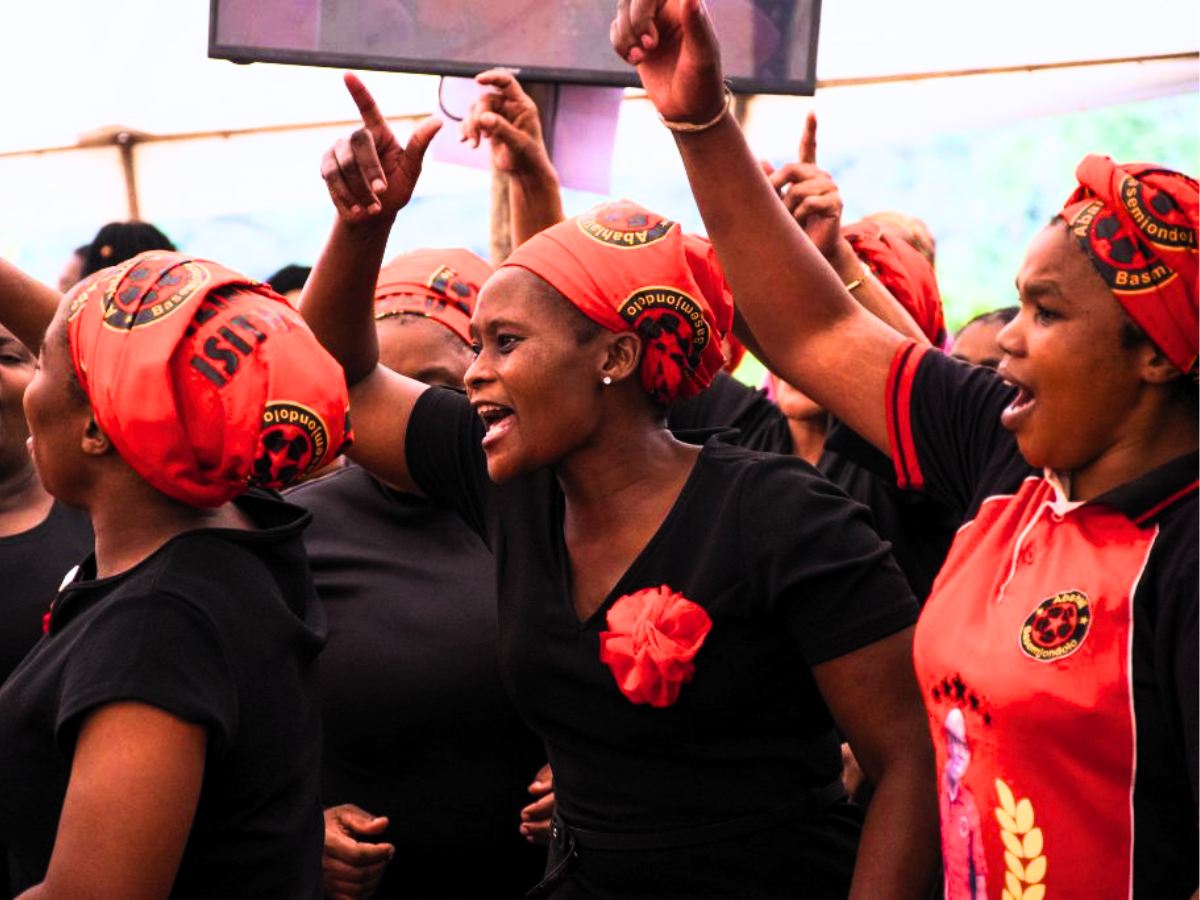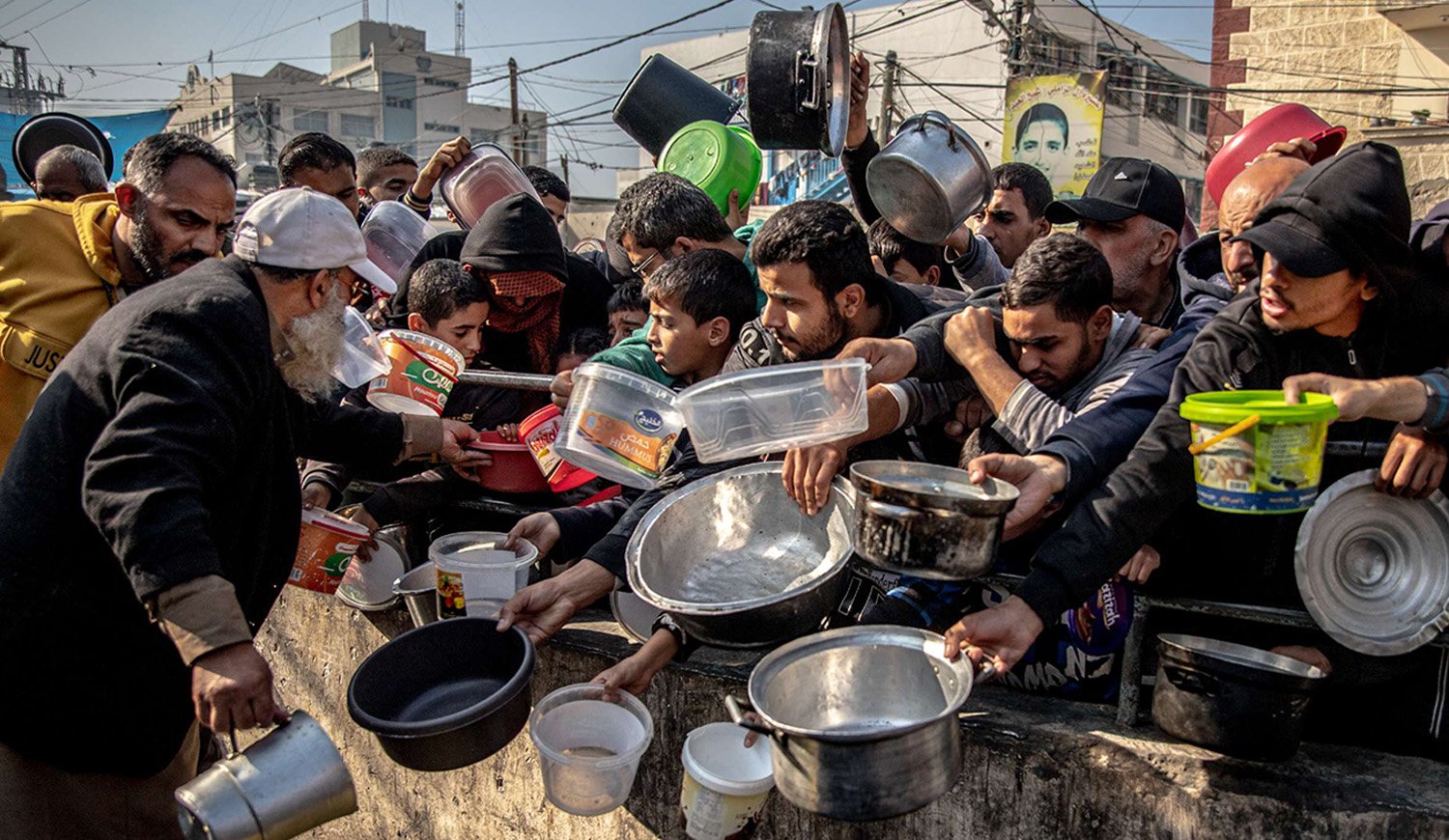Des périphéries de São Paulo aux décombres de Gaza, en passant par les quartiers informels d’Afrique du Sud, un schéma familier se répète : les communautés qui osent défendre la vie, la terre et la dignité deviennent des cibles. Ces actes ne sont ni isolés ni uniquement dus à la corruption ou à la mauvaise gouvernance. Ce que nous observons, c’est l’économie politique de la violence (EPV) : un régime mondial dans lequel la violence, exercée par des acteurs étatiques et non étatiques, sert à maintenir un système économique basé sur le profit et le contrôle.
Cette violence n’est pas une anomalie : elle est la logique du capitalisme rendue visible. Depuis ses origines, le capitalisme s’est appuyé sur la force brutale — en extrayant des richesses à travers la dépossession, l’esclavage et l’exploitation. Aujourd’hui, le néolibéralisme a intensifié cette violence, effaçant les frontières entre les entreprises, le crime organisé et les institutions publiques. Résultat : celles et ceux qui défendent leurs terres, leurs eaux et leurs territoires sacrés sont attaqués, tandis que l’impunité règne. Du harcèlement aux disparitions forcées, du développement militarisé au déplacement des populations, la répression devient le prix à payer pour résister.
Comprendre le terrain de la lutte est le premier acte de résistance. Dans ce numéro, nous présentons trois cas emblématiques qui révèlent le caractère structurel de cette violence — et l’urgence de construire une solidarité internationale entre mouvements et territoires.



